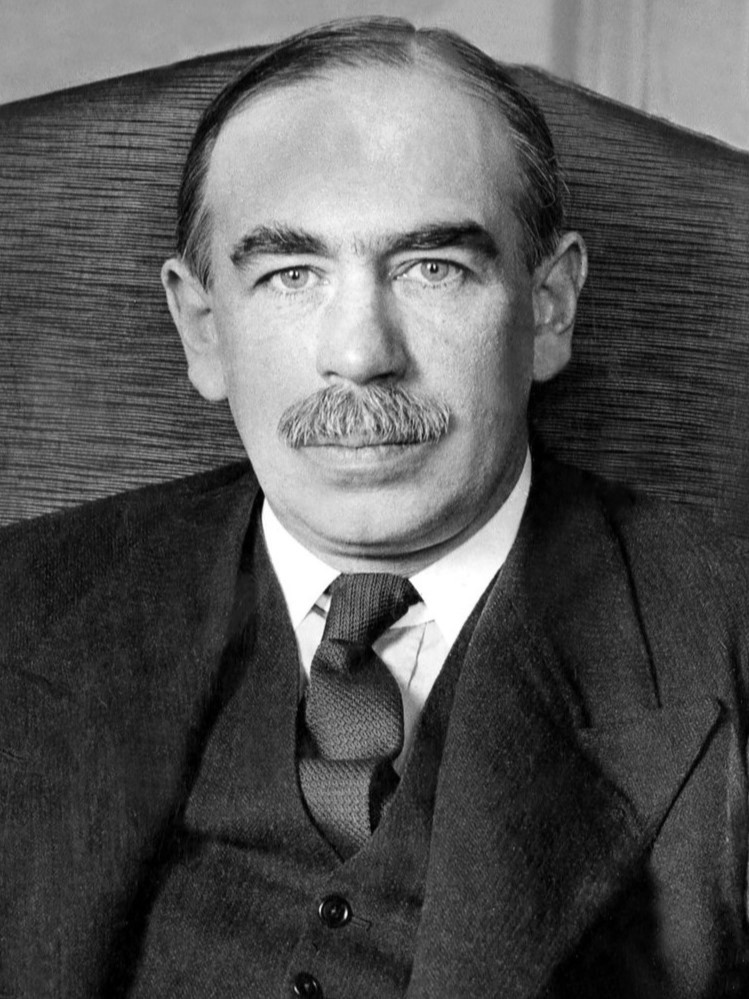
John M. Keynes
John Maynard Keynes was a British economist whose ideas fundamentally changed the theory and practice of macroeconomics and the economic policies of governments. He is best known for his advocacy of government intervention to stabilize economic fluctuations and for his seminal work 'The General Theory of Employment, Interest, and Money.' Keynes's theories, known as Keynesian economics, emphasize the importance of aggregate demand in influencing economic output and employment, particularly during times of economic downturn. His insights laid the groundwork for modern economic policies and influenced the establishment of international financial systems, including the Bretton Woods Agreement.
Born on Jun 05, 1883 (142 years old)
Global Media Ratings
Countries Mentioned
No country-level mention data available.
Interactive World Map
Each country's color is based on "Mentions" from the table above.
Recent Mentions
 Argentina:
John M. Keynes is mentioned for his civil relationship with Friedrich Hayek despite their opposing views.
7
Argentina:
John M. Keynes is mentioned for his civil relationship with Friedrich Hayek despite their opposing views.
7
 Norway:
John M. Keynes pointed out the weaknesses of a currency system without built-in balancing mechanisms.
6
Norway:
John M. Keynes pointed out the weaknesses of a currency system without built-in balancing mechanisms.
6
